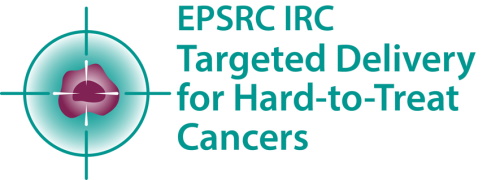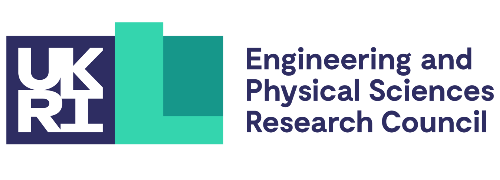
Submitted by L. Millard on Thu, 27/01/2022 - 13:48
The first Cancer in Sight blog of the new year is by Prof Duncan Jodrell, Professor of Cancer Therapeutics at the University of Cambridge and one of the clinical leads for the IRC programme who explains the importance of a clearly defined clinical line of sight to the development of new therapeutics.
The blog, titled ‘Engaging a clinical line of sight to target pancreatic cancer’ sets out the challenges specific to this disease – one of the three hard-to-treat cancers targeted by the IRC programme.
“There is urgent need for new therapeutics for patients diagnosed with pancreatic cancer because current outcomes are so poor. According to figures from Cancer Research UK, less than five per cent of people diagnosed with this cancer will be alive ten years later (1). This stark statistic is because only 10 to 20 per cent of patients will present with disease that can be considered for an operation. Of this 10 to 20 per cent, sadly up to three quarters will develop recurrent disease which will lead to their death,” writes Professor Jodrell.
Any development of a new therapeutic needs to have a clearly defined clinical line of sight. Technologists want to know what the problems faced by clinicians are. We can make it clear to them what it is they need to overcome to make their novel therapeutic approach different and hopefully successful compared to other approaches Professor Duncan Jodrell, IRC Clinical Lead
Describing the role of the clinician in the IRC programme he said: “Any development of a new therapeutic needs to have a clearly defined clinical line of sight. Technologists want to know what the problems faced by clinicians are. We can make it clear to them what it is they need to overcome to make their novel therapeutic approach different and hopefully successful compared to other approaches.”
Professor Jodrell presents his collaborative research work with Dr David Fairen-Jimenez, who leads the development of novel high-capacity nanoparticular delivery vehicles with targeting capabilities to carry drugs to exactly where they need to be for optimum effect: “We have identified particles which might be suitable for delivery to patients at some point in the future. We have also started work on loading those particles with drugs. We now need more laboratory studies in the models we use to show they are selective against cancer cells. We are getting through some of the early steps along the drug development pathway but there is still a long way to go. That said, everything we have done so far indicates that it’s worth progressing.”
The blog highlights the Precision Panc initiative which is working to type tumours and build a portfolio of trials for specific molecular sub-groups of patients who will benefit from particular targeted treatments. Professor Jodrell concludes: “I am also hopeful that at least one of the IRC drug delivery technologies will reach the clinic and that our work will help to improve outcomes. If pancreatic cancer could become a disease which people can live with for a significant period of time, it would certainly be a welcome step. Extending life – as long as it’s good quality of life – is invaluable.”
• Read the full Cancer in Sight blog by Professor Duncan Jodrell titled ‘Engaging a clinical line of sight to target pancreatic cancer’ here.


